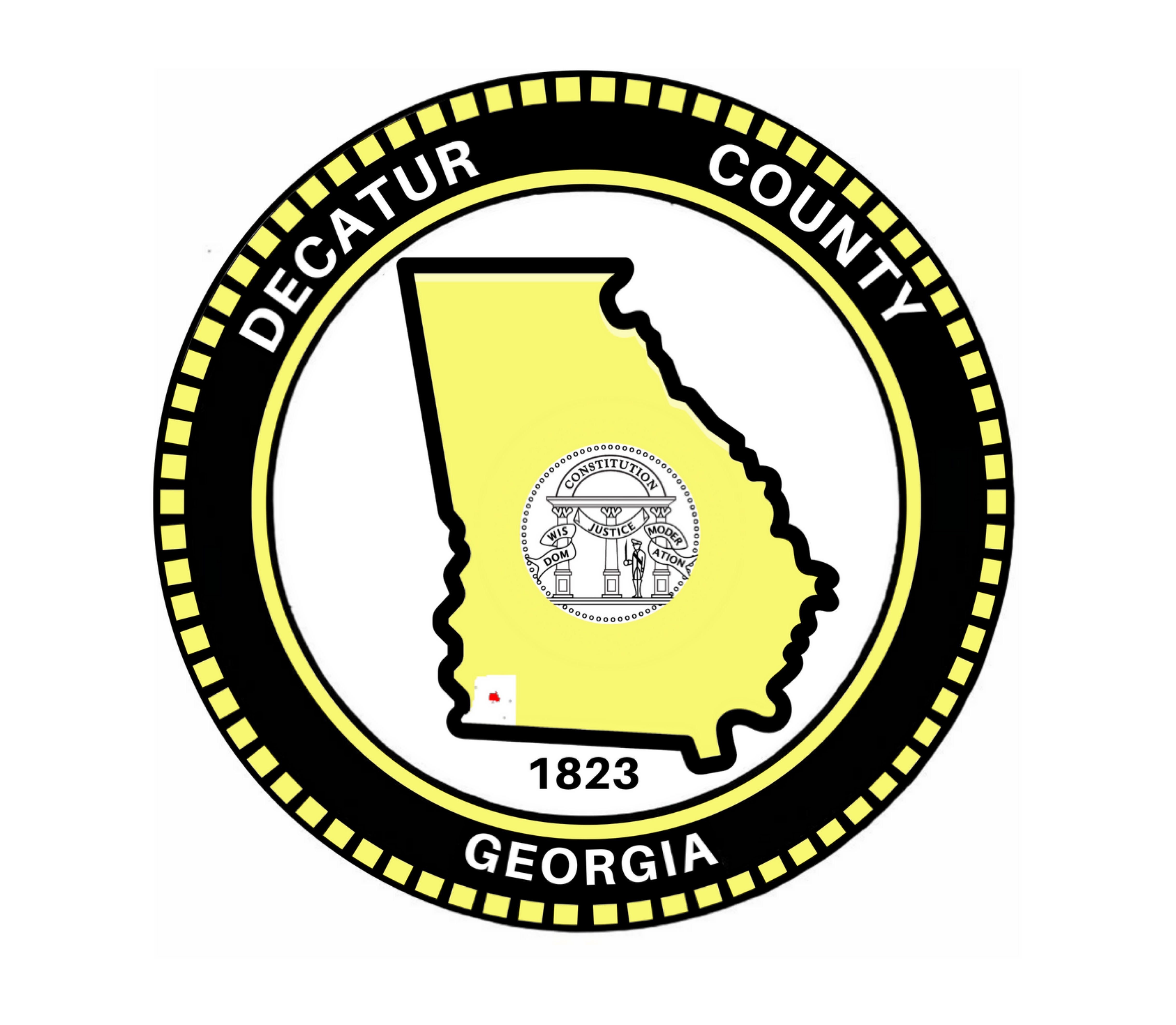School system faces massive increase in technology costs
Published 10:16 pm Tuesday, January 20, 2015
The Decatur County School System will soon pay more for telecommunications services and technology upgrades due to a change in the federally administered E-Rate program.
The E-Rate program is funded through the Universal Service Charges paid by consumers on landline and cellular telephone bills each month and is overseen by the Federal Communications Commission.
Steve Dunn, Technology Director for the school system, informed the Decatur County Board of Education Thursday that the program is drastically changing and will shift the vast majority of those previously-covered costs to the local system.
The program previously provided discounts to school systems on monthly communications bills, such as local telephone lines, cellular services including text and data and web hosting. Decatur County received 90 percent off these services, leaving the rest to be paid for using local funds.
Additionally, the program paid 90 percent of technology-based capital projects, including wiring and equipment in the county’s schools.
Now, discounts on traditional communications, like local telephones lines and cellular service, are being phased out over a five-year period.
Dunn gave an example of the impact on the local system. Currently, the system pays only 10 percent of the monthly $6100 local telephone bill, with the E-Rate program paying the other 90 percent. In five years, the school system will be responsible for the entire $6100 bill.
The biggest impact, however, will come from discounts on capital technology projects in the schools. The E-Rate program is shifting the majority of the funding responsibility to the local school systems.
Again, Dunn provided an example of the impact.
Recently, the system upgraded the network wiring at Hutto Middle School at a cost of $850,000. The E-Rate program again paid 90 percent of the cost, and the county school system was only responsible for $85,000 of the total project.
After the changes in the program are implemented, E-Rate would only provide $95,000 of the total $850,000 cost.
“These changes will paralyze us in terms of big technology projects,” said school superintendent Dr. Fred Rayfield.
Since the county began using the program in 2008, it has received over $7 million in funding. Those funds have allowed the school system to increase Internet bandwidth, update network infrastructure, improve mobile communications, and maintain an active web presence.
The funds lost, estimated to be $2 billion, by the local school systems due to these changes will be shifted to fund expanding Wi-Fi technology.





